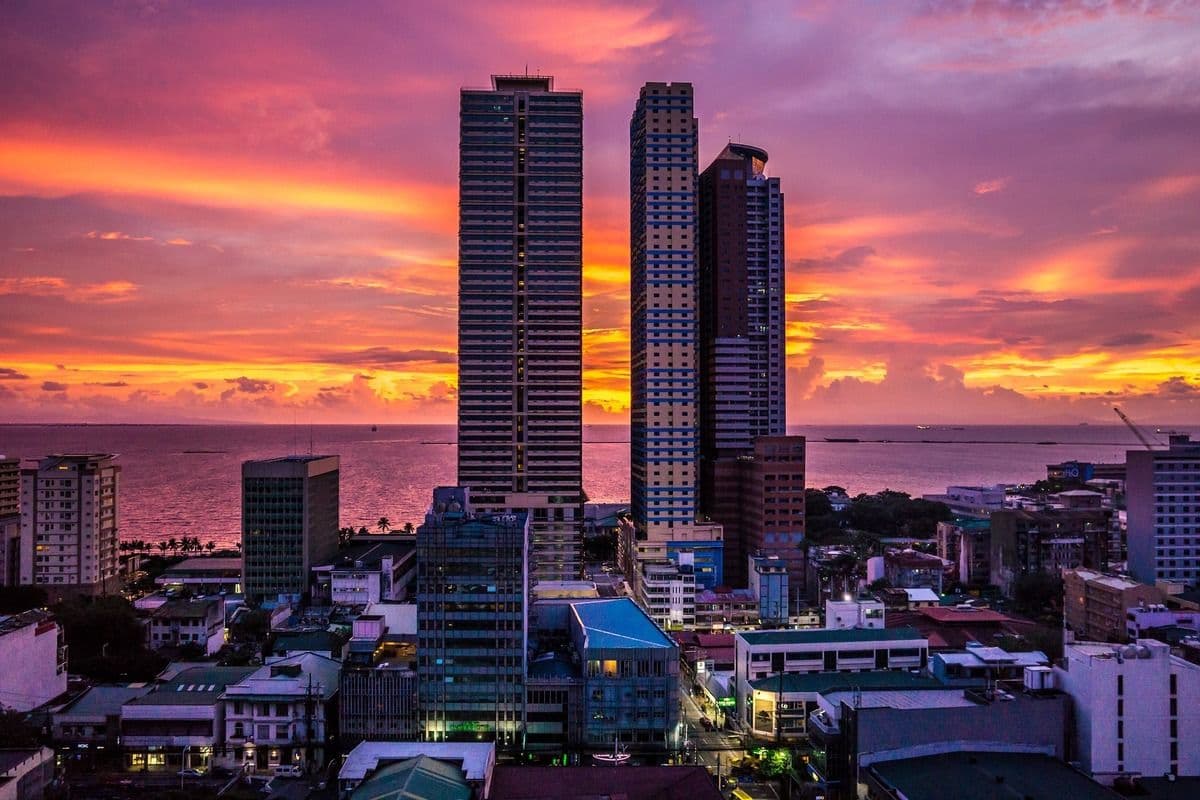
Due to the improvement on the economy in Philippines, buying a property in Philippines may be an alternative for your investment portfolio. You might be wondering if a foreigner is allowed to purchase a property in Philippines. The answer is yes! But before you go any further, there are some restrictions that you should know.
1. A foreigner is not allowed to own a land in Philippines
Foreigner may own a building but not the land where the building is built on. The foreign ownership of Philippine land is prohibited. However, foreigner who is married to a Filipino citizen is able to acquire the land under his/her spouse’s name. There is an exemption for acquisitions of lands before the 1935 Constitution.
2. A foreigner is allowed to acquire property through hereditary succession
The foreigner has to be a legal or natural heir when his/her spouse dies in order to inherit the deceased spouse’s properties including the lands. However, this is subject to the shares of spouse’s surviving relatives. For example, if the deceased spouse’s parents are still alive, the foreign widower will be entitled to half of deceased spouse’s properties only.
3. A corporation with at least 60% of the shares owned by Filipino citizens is allowed to purchase land and buildings in Philippines
Foreigner who owns maximum 40% of the shares in a Philippine company is eligible to purchase lands, commercial buildings or residential homes. The corporation that meets this requirement has to be under the registration with government. The foreigner has to make sure that he/she does not break the Philippines Anti-Dummy Law.
4. A foreigner is allowed to buy condominium units in Philippines
The easiest way to own a property in Philippines is most probably by purchasing a condominium, which is covered by the Condominium Act. As long as the units of a condominium project are not more than 40% occupied by foreigners, acquisition of condominium unit under the name of the foreigner is possible.
5. A natural-born Filipino who acquired other citizenships is allowed to buy a property in Philippines with limitations prescribed by law
The former Filipino citizen is entitled to purchase an urban land, which is not more than 1,000 square meters and a rural land, which is up to 1 hectare. For married couple, either one or both will be able to own the lands as long as the total area of properties purchased does not exceed the limitations. However, for those who has dual citizenship under the provisions of Republic Act 9225, he/she is eligible to enjoy the privileges as Filipino citizen.
6. A Filipino who is married to a foreigner, but does not renounce his/her Filipino citizenship is allowed to buy property in Philippines
The marriage between a Filipino and a foreigner will not automatically renounce his/her Filipino citizenship, unless by their act or omission. If the Filipino chooses not to retain his/her citizenship, the privileges as Filipino citizen will lost.
7. A foreigner or foreign corporation is allowed to lease the land in Philippines
As mentioned in #1 above, the title of the land will not be under a foreigner even he/she owns the building on the land. Therefore, a foreigner or foreign corporation with more than 40% foreign ownership may lease the land and legally own the building bought or build a house on the leased land. According to Investor’s Lease Act of the Philippines, a foreigner or foreign corporation may have a long-term lease up to 50 years, which is renewable once for another 25 years with a Filipino landlord solely for the purpose of investment.
In conclusion, buying a property in Philippines might not as easy as buying a property in other countries like in Malaysia or Japan because of the restrictions applied. However, it is not going to be difficult if you know well about the restrictions! If you are considering to acquire a property in Philippines, it is recommended that you look for assistance from professional real estate agents to ensure that you are eligible for the acquisition. For more information on purchasing property in Philippines, please do not hesitate to consult us.







